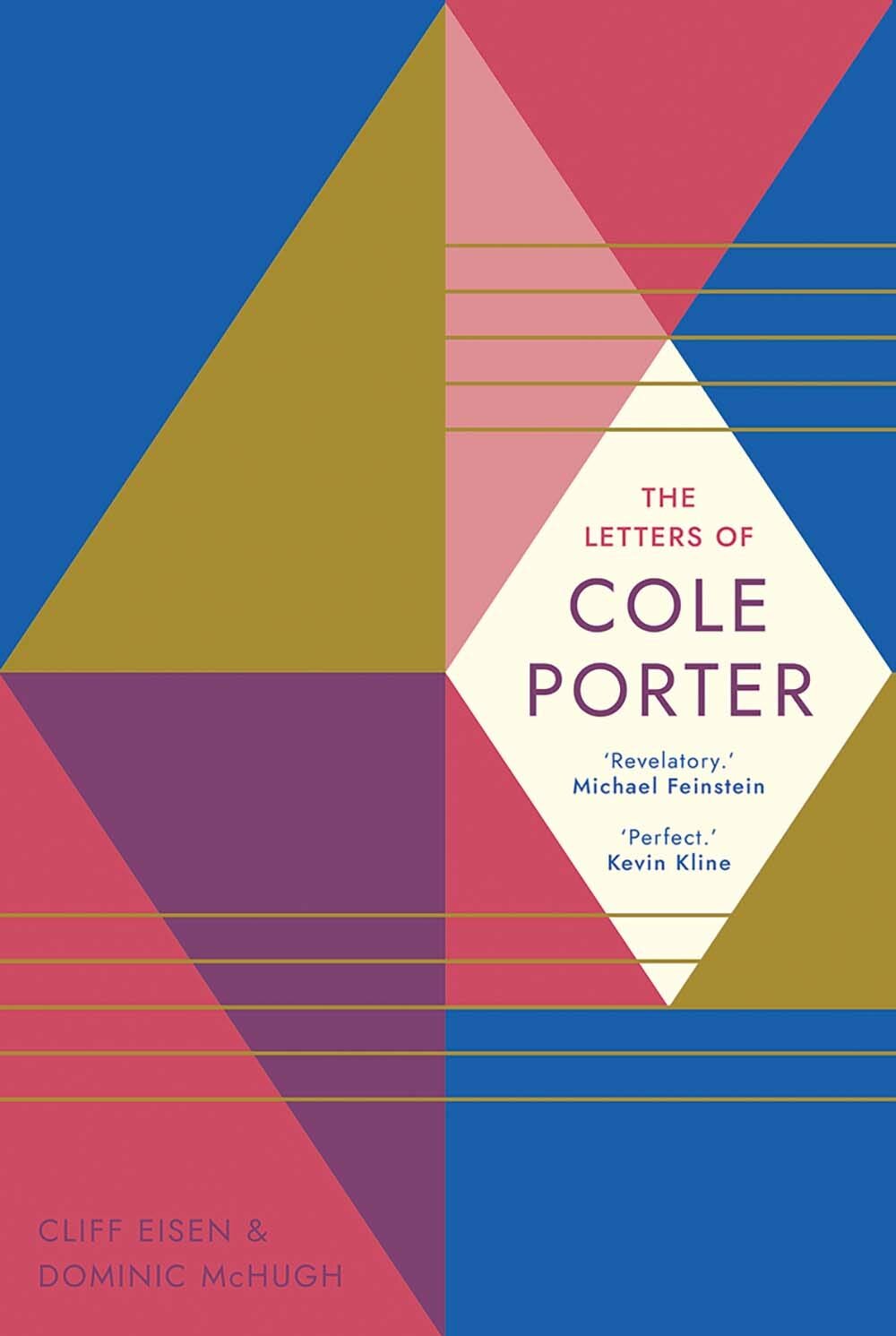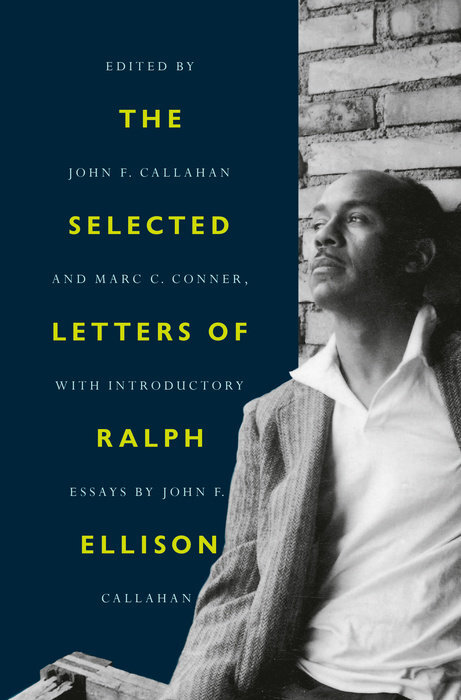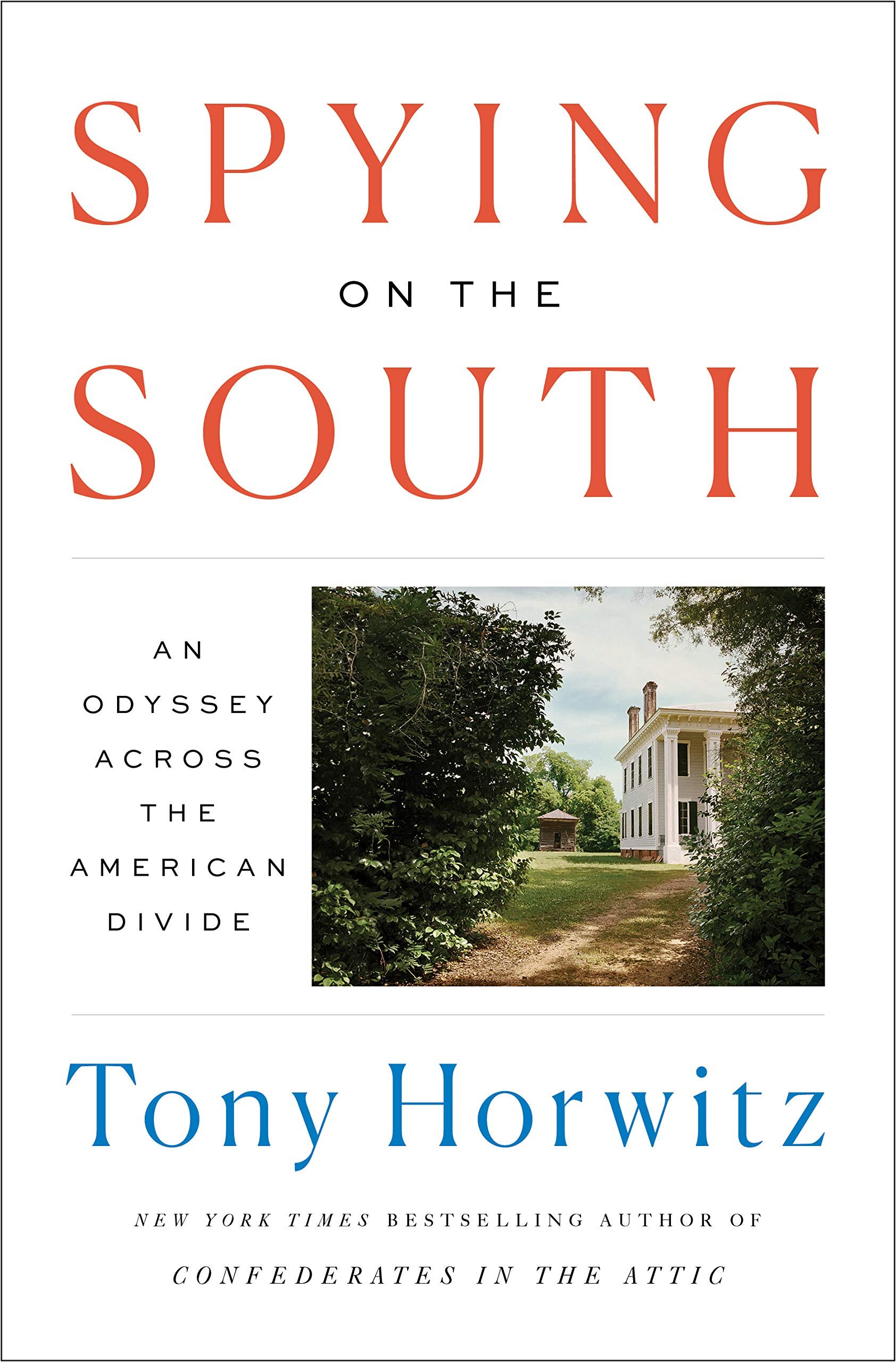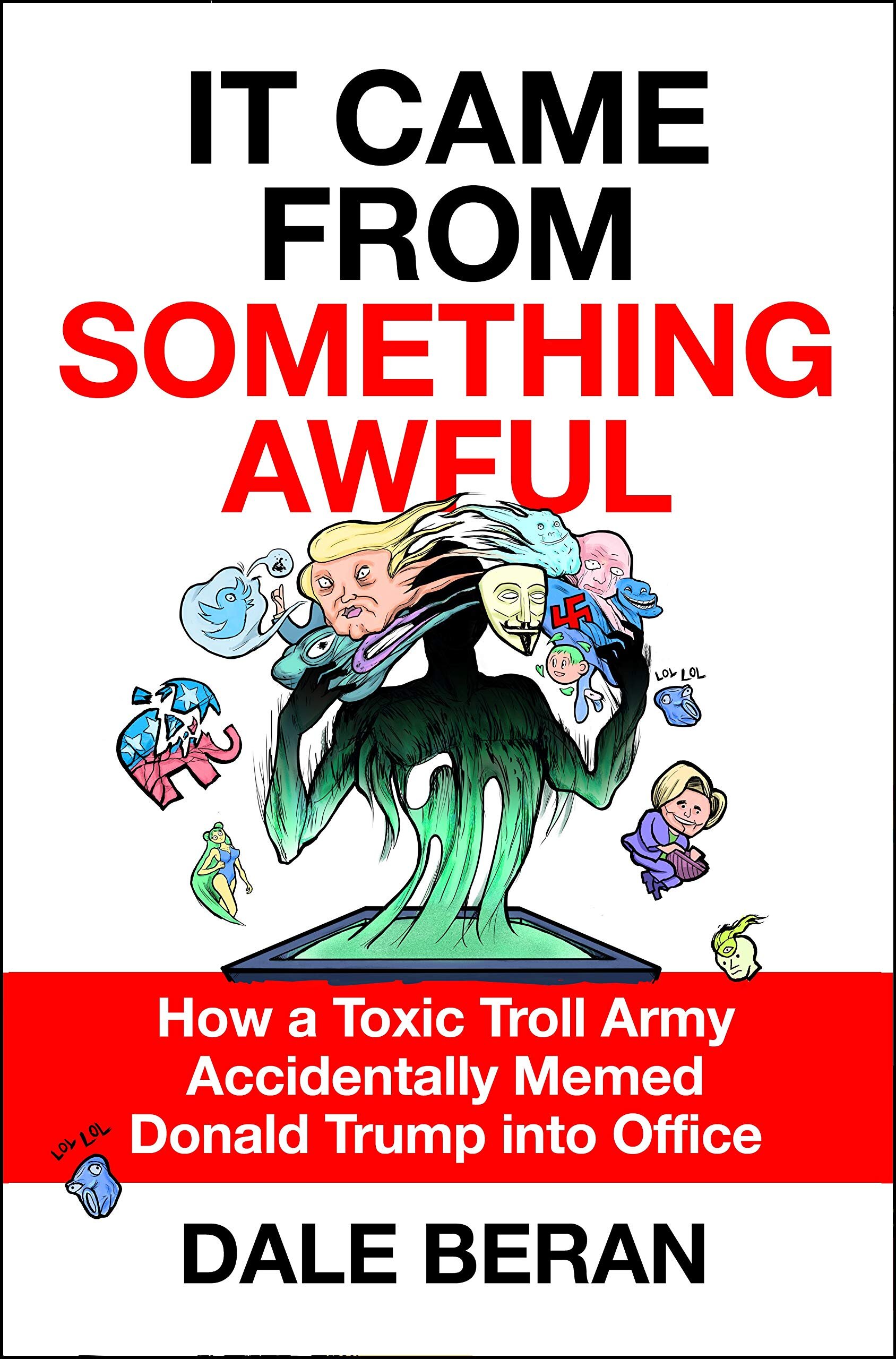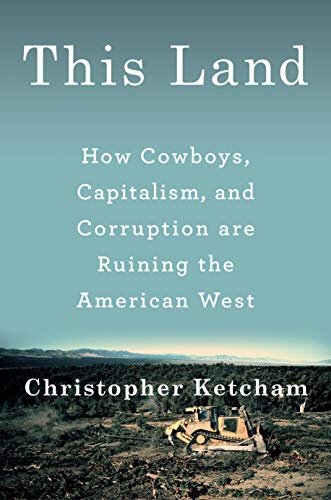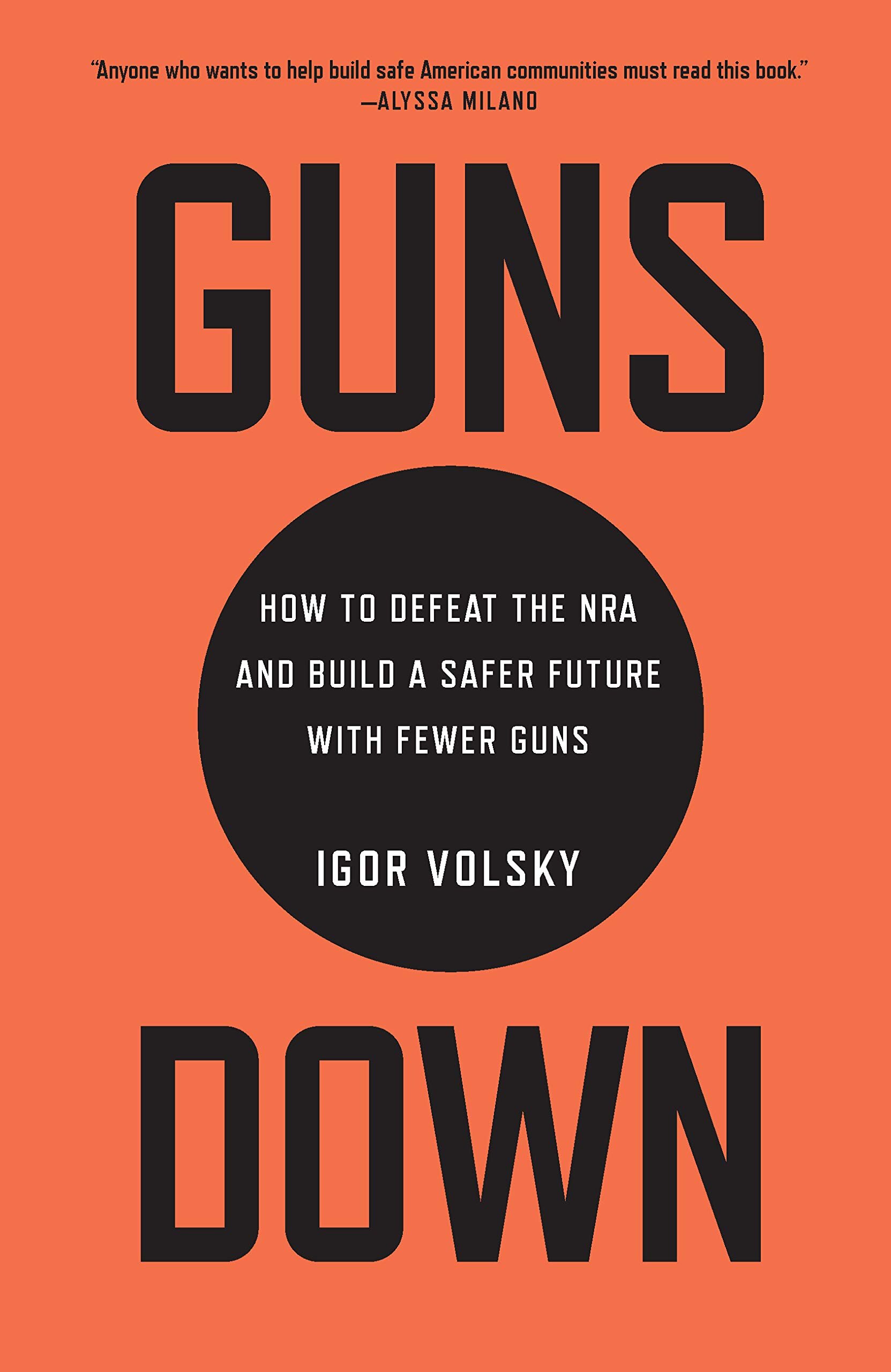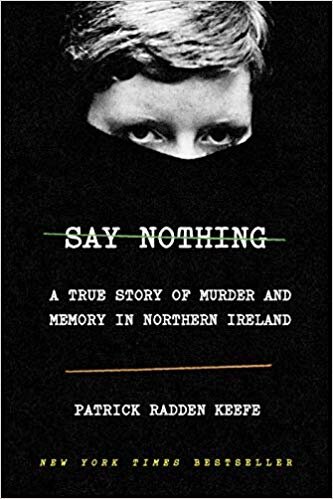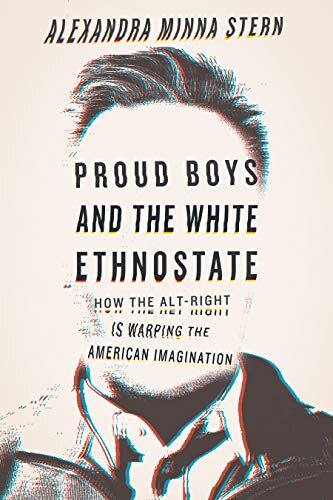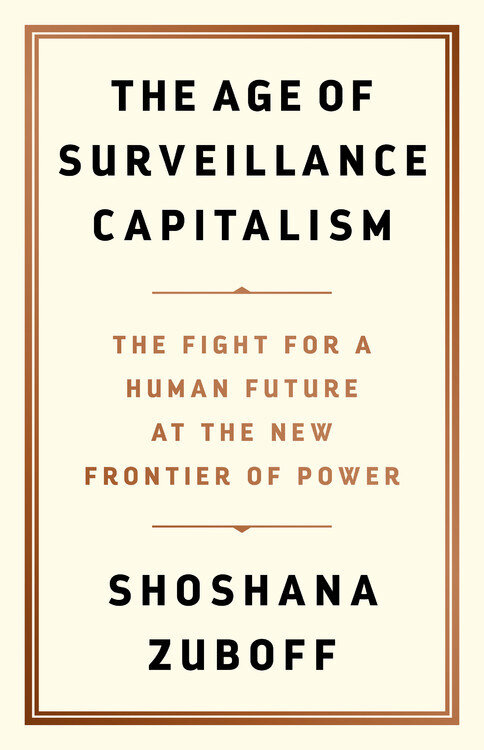The Best Books of 2019: Nonfiction!
/We come to it at last, after over a dozen categories: the best general nonfiction books of the year, and as in past years, here we expect to find decades-long labors of love, polemics dashed off in the heat of current headlines, and everything in between. 2019 was an incredibly vigorous year for nonfiction, and these were the best of the bunch:
10 The Letters of Cole Porter, edited by Cliff Eisen & Dominic McHugh (Yale University Press) - A truly great letters collection is one of those odd literary feats that looks easy to accomplish but is in fact devilishly difficult, so it speaks well of 2019 that two of them managed to be good enough to make this year-end list. The first fleshes out the great songwriter’s letters with a steady patter of extremely smart and insightful editorial commentary.
9 The Selected Letters of Ralph Ellison, edited by John Callahan & Marc Conner (Random House) - The second letters collection on the list is equally well-done, with its editors providing sensitive and knowing commentary and annotation throughout the whole of the great writer’s personal and professional life.
8 Elderhood by Louis Aronson (Bloomsbury) - Geriatrician Louise Aronson here does a magnificent job of both reconceptualizing old age and reclaiming it as a vital part of life rather than a protracted and disappointing epilogue. On virtually every page, readers will feel that they’re experiencing a once-in-a-generation rallying call.
7 Spying on the South by Tony Horwitz (Penguin Press) - The organizing idea of Horowitz’s terrific book starts out simply: he’ll follow in the footsteps of the great landscape designer Frederick Law Olmsted from 150 years earlier and see the American South as that Yankee had. But the book subtly and challengingly broadens from there, showing the South as a stubbornly alien place.
6 It Came From Something Awful by Dale Beran (All Points Books) - A refreshingly small number of books on the list this year could be classified as “Trump books,” works that are in part or in whole responses to the racist, sexist, fascist lying moron who currently occupies the Oval Office. Of these, this penetrating and darkly funny book by Dale Beran is the most necessarily direct, making a valuable effort to explain Trump’s rise by citing chan culture.
5 This Land by Christopher Ketcham (Viking) - If there’s any justice in the reading world, Christopher Ketcham’s book on the full-blown assault being conducted by the US government on US public wild lands will become every bit as much of a pivotal environmental classic as Rachel Carson’s Silent Spring.
4 Guns Down by Igor Volsky (the New Press) - Jeremiads about America’s gun violence epidemic are almost as numerous as America’s daily mass-shooting events, but Igor Volsky’s book is invigoratingly different: it retains the anger and the outrage, but it absolutely rejects the doomsaying in favor of a whole roster of sensible solutions.
3 Say Nothing by Patrick Radden Keefe (Doubleday) - Patrick Radden Keefe uses the infamous 1972 IRA kidnapping of Jean McConville as both a horrifying case study of domestic terrorism and a lens through which to tell the larger story of sectarian violence in the Ireland of the day, and through sheer undertated eloquence, he succeeds superbly in both tasks.
2 The Proud Boys and the White Ethnostate by Alexandra Minna Stern (Beacon Press) - This razor-sharp analysis of one group of fascist white nationalists is so intelligently researched and written that it can serve admirably as a primer for all such groups - a primer that, unfortunately, every non-fascist person in the 21st century is going to need.
1 The Age of Surveillance Capitalism by Shoshanna Zuboff (Public Affairs) - The year’s best book is also by far it’s most disturbing: this massive and rhetorically powerful study of how the convergence of modern mega-corporations like Facebook, Google, Apple, and Amazon with the advance of ‘smart’ computer technology has produced a vast interlocking system in which data is currency and people are both unpaid field workers and the cash crop itself.

